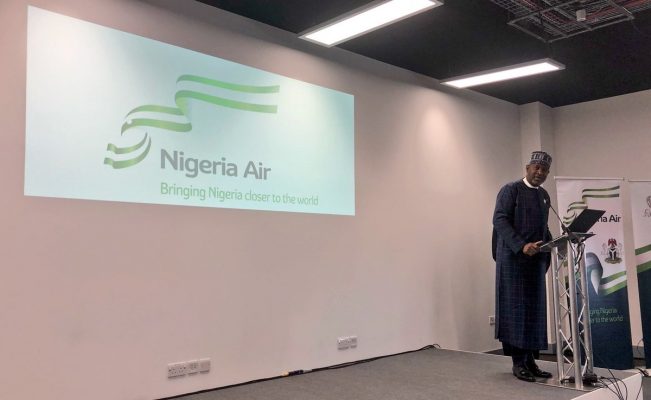No doubt, the Central Bank of Nigeria (CBN) had repeatedly assured the business community and Nigerians that all banks in Nigeria is strong and healthy after all, but industry experts and the feeling of several respected international rating agencies are not on same page.
Currently, all leading tier 1 banks are far away from this crisis as their latest results all show strength and deep pockets.
However, the same thing may be said of some small and mid-sized banks (names with held) in the country.
Industry analysts trace the fear to issues of over-exposure to the oil industry, as many of them that ventured into the sector since 2014 are yet to recover before the knocks of 2017 recession injected another wind of stress.
Though the CBN had managed to maintain to some extent, sealed lips on their respective status, lately, both local and international organisations including the International Monetary Fund (IMF) have expressed worries over the deterioration in the capital and asset quality of some of them still in the market.
Revisiting the recent position of analysts at Moody’s Ratings who raised similar alarm over survival of small and mid-size banks, issues of dividend pay-out ratio to shareholders will readily come to mind.
Already, the CBN’s fresh directives on internal capital and dividend pay-out ratio to shareholders are raising serious disquiet within some banks at the managerial level.
Business Hilights recall that the CBN had at the beginning of the year issued a directive in limiting the amount of dividend banks with higher non-performing loans and low capital adequacy ratios could pay to their shareholders.
However and more directly, the report by Moody’s pointed out that mid-size banks in Nigeria were limiting their loss-absorption capacity against unexpected losses, and that this would restrain their asset growth and revenue generation.
The Tier-II banks operating in Nigeria are Unity Bank Plc, Fidelity Bank Plc, Wema Bank Plc, Stanbic IBTC, Sterling Bank Plc, among others.
By Moody’s latest report which is yet to be challenged, these financial institutions’ lower capital over the years constrains their ability to grow their business in key sectors of the nation’s economy.









